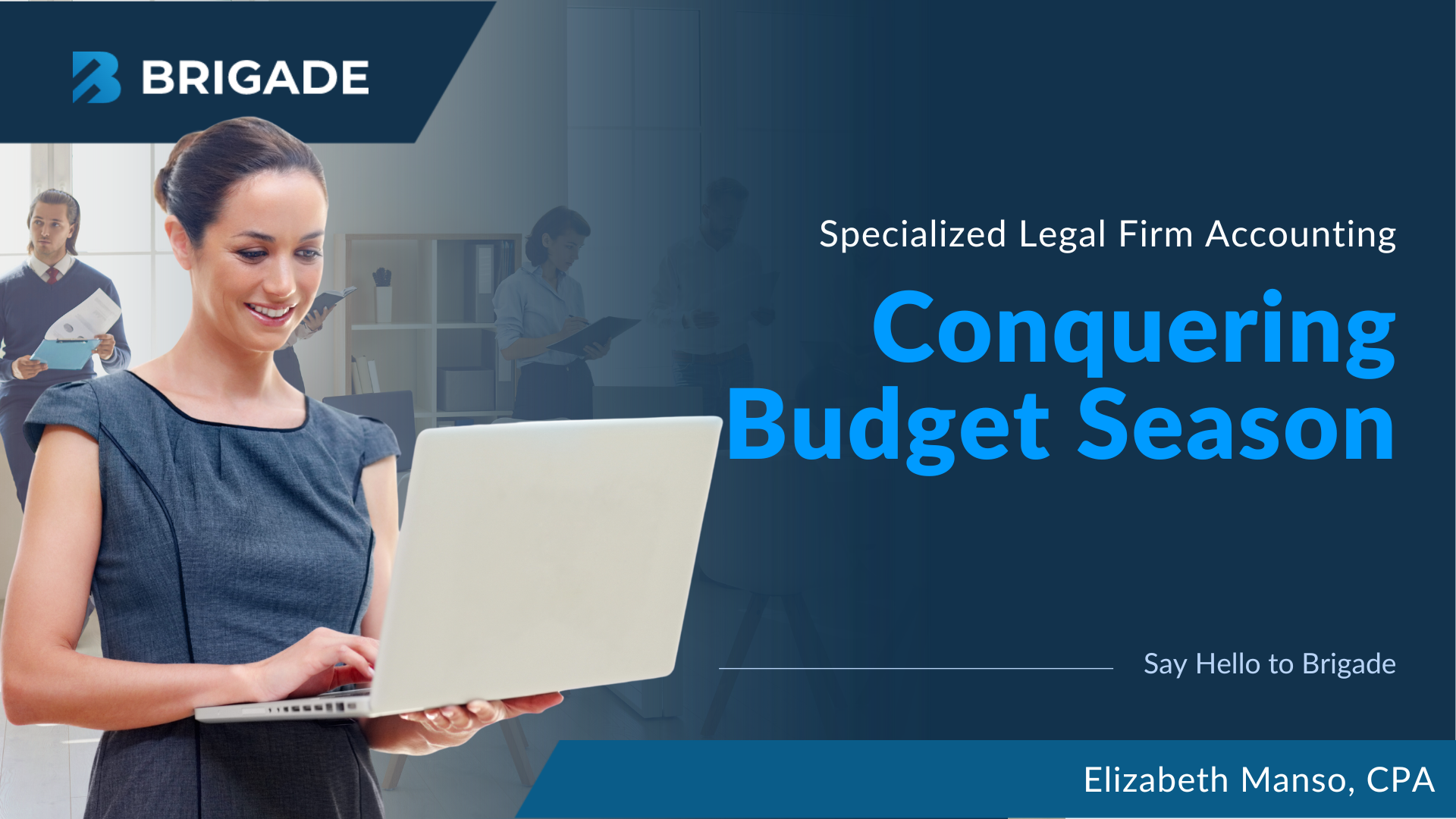
Did you know, according to the Association of Certified Fraud Examiners (ACFE), small businesses are more likely to be victims of business fraud than any other size organization? The monetary losses can have a big impact on your bottom line. As a small business owner myself, I take extra precaution when it comes to this issue.
Here are a few scams we have come across that should be on your radar:
Shipping Fraud
What happens: Criminals steal your shipping account information, then use your account numbers to conceal their crimes.
What to do: Secure the details of your shipping accounts as you would your bank accounts. Don’t leave blank shipping forms out in the open and protect online forms. At our office we ensure that ready-for-pickup packages are taken directly to a shipping center instead of being left in an unsecured location, like outside the office or in a building’s common area.
“Friendly” Chargeback Fraud
What happens: So-called “friendly” chargeback fraud is the new shoplifting. A customer fraudulently claims a purchase was never shipped, or it was returned, or that they canceled the purchase. They ask for a chargeback from their bank, or credit card company. If the customer is successful, you pay the funds that were credited to the customer and are charged a fee to investigate and resolve the matter.
What to do: Make sure you have excellent tracking and shipping mechanisms in place that will help you in a dispute about deliveries, returns, and cancellations. This is crucial, as we have seen this with many businesses.
Keep in mind, even legitimate chargebacks are costly. Good communication with customers can reduce them. Encourage customers to resolve issues with you first. Maintain a clear and straightforward return policy. Also make sure that your billing descriptor is clear, especially if you use a DBA name.
Invoicing fraud
What happens: You receive a false invoice for services or products that were never purchased or delivered. It’s a sophisticated scam where invoices look similar to legitimate ones. Criminals may send a small invoice as a test. If you pay, they know you’re not carefully reviewing your invoices, and they will send several, more expensive ones.
What to do: A lax check-and-balance procedure is a recipe for disaster. Do all verifications—company name and address, payable address, and receipt of goods—every time. If you get harassing calls about fraudulent invoices, they have no legal recourse against you.
Fraud is frustrating and costly but you can fight back. You and your employees are the first line of defense. Why not dedicate your next team meeting to the subject of fraud prevention, and ensure everyone has the tools they need to catch a scam on time? Brigade Bookkeeping is here as a resource, and we can help you with the how to’s.

